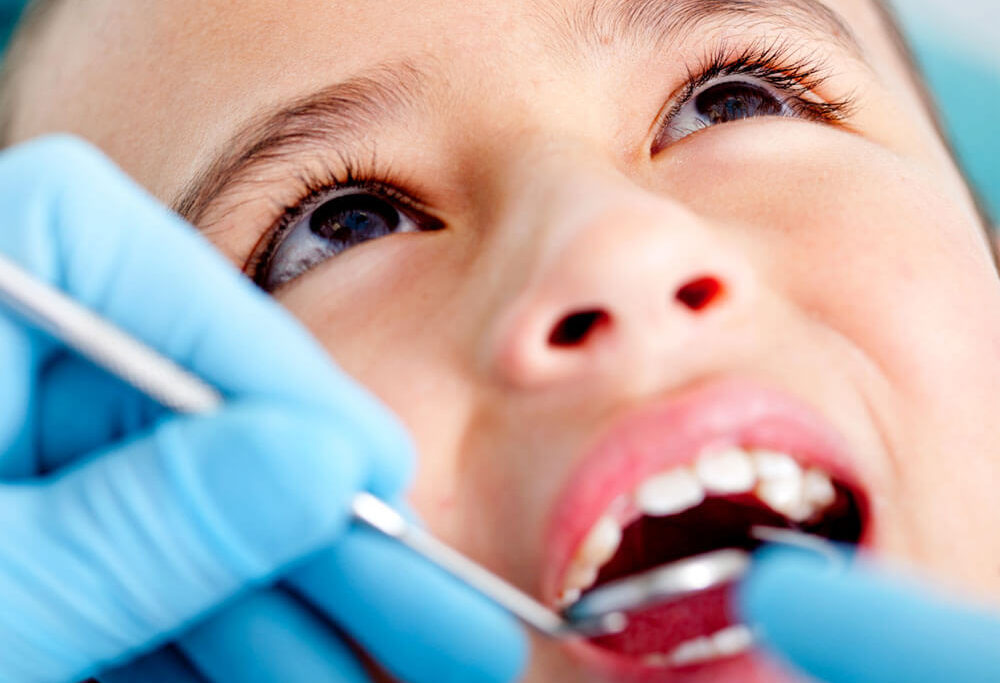
NYU LANGONE PEDIATRIC DENTAL RESIDENCY
Curriculum
Clinical experiences.
Comprehensive training in pediatric dentistry including; prevention, restorative dentistry, behavior guidance, procedural sedation, and general anesthesia in modern facilities with state of the art equipment.
NYU LANGONE PEDIATRIC DENTAL RESIDENCY
Curriculum
This specialty program revolves around typically developing children, children with medical complexities, and those who have developmental disabilities. The curriculum emphasizes pediatric medicine and dentistry, the behavioral and pharmacological management of children, and general anesthesia. Graduates are well prepared to be contributing members of the health care team in a hospital environment or community setting. All pediatric dental residents present cases and discuss treatment plans and options via live video teleconference to all NYU Langone Dental Medicine-Advanced Education in Pediatric Dentistry residents stationed in hundreds of our extramural training sites around the country.
First-Year Program
First-year residents study most of the core curriculum, completing the majority of the didactic curriculum during the first year of residency training. In addition, the program offers course work in oral biology, genetics, and craniofacial biology, including the opportunity at most sites to attend monthly craniofacial conferences. First-year residents are assigned multiple rotations, including pediatric medicine, general anesthesia, emergency medicine, and on-call services.
During the first year, distance-based didactic learning is achieved by taking web-based education modules delivered via an asynchronous platform (Brightspace), and through live videoconferencing sessions. Biomedical courses include oral biology, pediatric anesthesia, physical diagnosis, behavioral management, pediatric dentistry series, orthodontics, craniofacial development, and research methods and materials. Clinical rotations to enhance the didactic curriculum include pediatric medicine, anesthesia, emergency medicine, craniofacial team, operating room, and oral sedation.
Second-Year Program
During the second year, the focus of the curriculum is the medically complex child. . Second-year residents are assigned with pediatric specialists to rotate in areas such as cardiology, developmental-behavioral pediatrics, in patient pediatric medicine, Autism Spectrum Disorder Diagnostic Clinic, and genetics.
As a requirement for graduation from the Program, residents complete a research project and present a poster of their project at the Annual AAPD meeting in May.
NYU LANGONE PEDIATRIC DENTAL RESIDENCY
